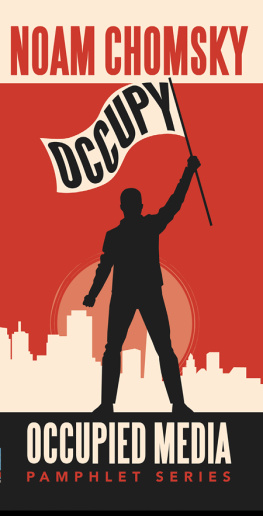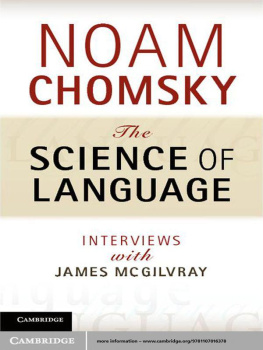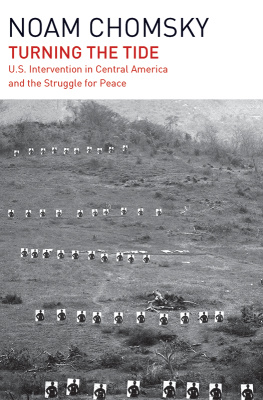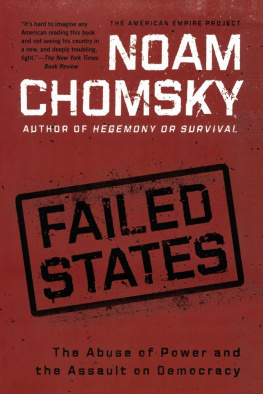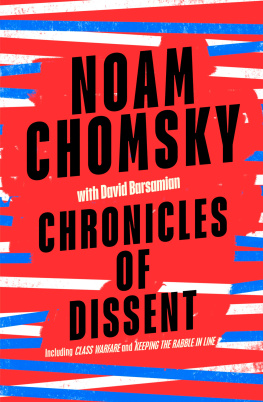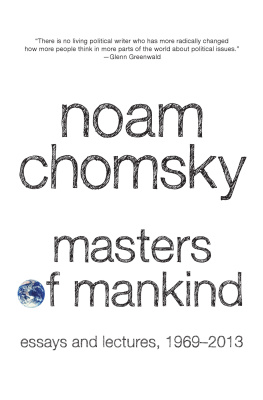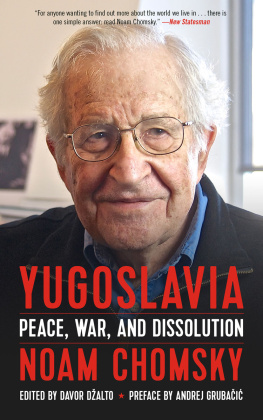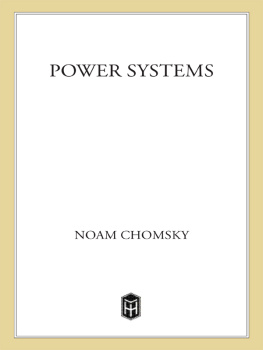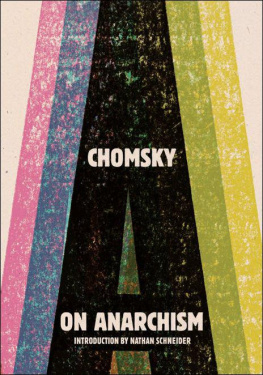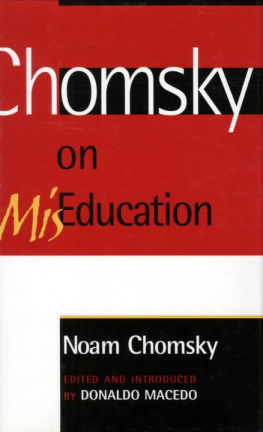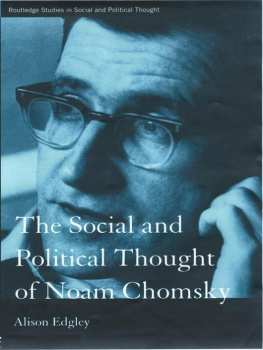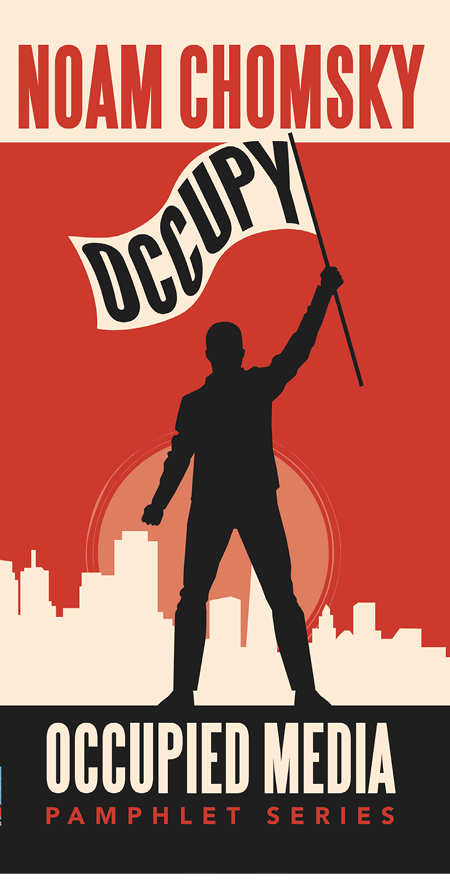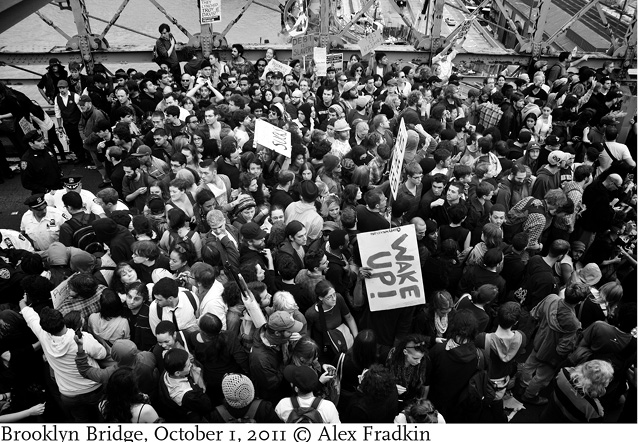Noam Chomsky - Occupy
Here you can read online Noam Chomsky - Occupy full text of the book (entire story) in english for free. Download pdf and epub, get meaning, cover and reviews about this ebook. year: 2012, publisher: Zuccotti Park Press, genre: Politics. Description of the work, (preface) as well as reviews are available. Best literature library LitArk.com created for fans of good reading and offers a wide selection of genres:
Romance novel
Science fiction
Adventure
Detective
Science
History
Home and family
Prose
Art
Politics
Computer
Non-fiction
Religion
Business
Children
Humor
Choose a favorite category and find really read worthwhile books. Enjoy immersion in the world of imagination, feel the emotions of the characters or learn something new for yourself, make an fascinating discovery.
- Book:Occupy
- Author:
- Publisher:Zuccotti Park Press
- Genre:
- Year:2012
- Rating:5 / 5
- Favourites:Add to favourites
- Your mark:
Occupy: summary, description and annotation
We offer to read an annotation, description, summary or preface (depends on what the author of the book "Occupy" wrote himself). If you haven't found the necessary information about the book — write in the comments, we will try to find it.
Having spent so much time thinking about and engaging with social movements, Chomsky is both optimistic about the energy of Occupy and realistic about the challenges it faces. He appreciates the just do it ethos and embraces its radical approach to participatory democracyWhat makes Chomskys perspective so interesting, aside from the wealth of his political experience, is the range of his interests. He draws from examples around the world to demonstrate his points. ...Its a big agenda that Occupy has identified, nothing less than a complete renewal of U.S. society and the U.S. role in the world. Chomsky sees not only the radical agenda but also the radical practice of the Occupiers. Part of what functioning, free communities like the Occupy communities can be working for and spreading to others is just a different way of living, which is not based on maximizing consumer goods, but on maximizing values that are important for life, he concludes in this valuable set of remarks and interviews.
John Feffer, Foreign Policy in Focus, Pick Review
For decades, Chomsky has been marginalized for his insightful, levelheaded, and accurate observations about how our society functions. In Occupy, Chomsky... sets the record straight. And hes got an answer for everything. Its necessary, Chomsky warns, to get out into the country and get people to understand what this is about, and what they can do about it, and what the consequences are of not doing anything about it. Occupy begins with a powerful editors note from Greg Ruggiero, who comments on the heartlessness and inhumanity of the system, where peoples stolen homes are sold off to the highest bidder. And if it isnt obvious to those who are still asking what the demands of Occupy Wall Street are, Ruggiero puts it plainly: Occupy embodies a vision of democracy that is fundamentally antagonistic to the management of society as a corporate-controlled space that funds a political system to serve the wealthy, ignore the poor. One can only cringe at the thought of what will happen if we continue to ignore the wisdom of Noam Chomsky. He gives a clue in Occupy.
The Coffin Factory, The Magazine for People who Love Books
Occupy is another vital contribution from Chomsky to the literature of defiance and protest, and a red-hot rallying call to forge a better, more egalitarian future.
Alternet
Chomsky advocates intelligent activism by those who see the divorce between public policy and public opinion. He is both optimistic and realistic towards this first major public response to 30 years of class war.
IRISH TIMES, PICK REVIEW
Occupy, is at once a vivid portrait of the now-global movement and a practical guide to intelligent activism, infused with Chomskys signature meditations on everything from how the wealthiest 1% came to steer society to what a healthy democracy would look like to how we can separate money from politics. Alongside Chomskys words are some of the most moving and provocative photographs from the Occupy movement. ... [One of] 10 essential books on protest.
Maria Popova, Brain Pickings
In Occupy, Chomsky discusses the cornerstone issues, questions and demands that have been driving ordinary Americans to critique the influence of the 1%. The book begins and ends with Chomsky celebrating the life and work of his longtime friend and colleague, Howard Zinn, author of A Peoples History of the United States. As a call to action, Chomsky encourages people to continue organizing, to continue struggling, and to continue defending citizenship and community-driven democracy from predation from the relentless encroachments of wealth and corporate power.
Noam Chomsky: author's other books
Who wrote Occupy? Find out the surname, the name of the author of the book and a list of all author's works by series.

